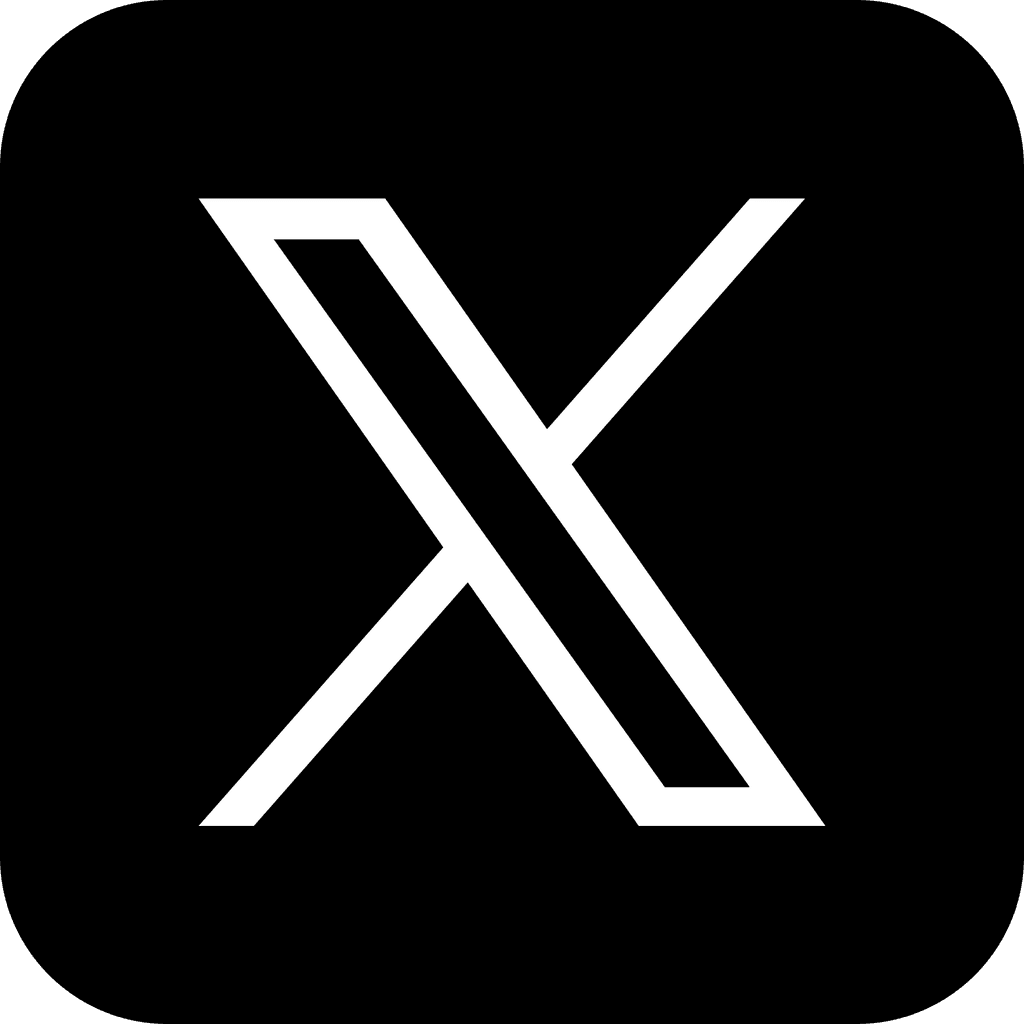Customer Relationship Management (CRM)
Definition
Customer Relationship Management (CRM) software is a tech platform designed to centralize your customer data and commercial processes. You can store customer contact and company details, log communication history, create an overview of your deal pipeline, and extract insights in your CRM. Nowadays, most CRM solutions even enable you to automate many of your commercial processes and integrate with other marketing, sales, or customer support software for a seamless experience. At its very core, a CRM solution is like an Excel sheet with a more scalable user interface.
Importance of CRM Software
When implemented and maintained correctly, your CRM software becomes the cornerstone for every marketing, sales, and customer support agent. Here's why:
Centralized Data: Most CRM systems integrate with a plethora of other software solutions to centralize all customer data and become the single source of truth. This enables the whole organization to work more autonomously and prevents information leakage when employees leave.
Collaboration: When all departments keep the CRM up to date, they can work together seamlessly on the same accounts while always having the full picture available.
Pipeline Management: Beyond contacts and companies, CRM systems allow your sales team to create and manage deals and visualize the pipeline.
Insights: When integrated with the full breadth of your commercial software suite, the CRM offers management the reporting and dashboards necessary to steer the commercial organization.
Access Management: Not every employee needs to have access to all customer data. CRM solutions enable organizations to not only manage all customer data, but also manage who has access to what.
Automation: Modern CRM software vendors allow you to create custom workflows to automate commercial processes.
Pricing Strategy: Customer data is central to refining the pricing and packaging strategy for your product or service. Much of the input for pricing optimization can be found in the CRM.
Key Features of CRM Software
CRM software typically includes a variety of integrated features that support different business functions:
Contact, Company, and Deal Records: Store all contact, company, and deal information from names to meeting notes to purchase history.
Sales Pipeline: Log and track all your opportunities and deals in a visualized pipeline. This allows for more accountability and standardization.
Reports & Dashboards: Find out which campaigns are most effective, which sales rep hits quota most consistently, and where the bottlenecks are.
Ticketing System: Manage all customer and prospective buyer inquiries in one system.
Integrations: Connect all your marketing, sales, and customer success applications to your CRM solution.
Workflows: Automate commercial processes across your software suite by integrating them with your CRM and building custom workflows.
How CRM Improves the Customer Relationship
Before CRM software, offering a personalized customer experience at scale was a pipe dream. The only way to come close was by hiring an enormous sales army. By keeping a detailed history of all client interactions, activity, and purchase history, companies can optimize every message and offering to the customer's liking. By creating custom workflows, online and offline events can trigger marketing emails, create tasks for sales reps, or even prompt personal offerings. Thanks to CRM software, even the smallest customers can get the white-glove treatment.
Impact of CRM on Pricing and Packaging
When sales, marketing, and customer success log all customer interactions in the CRM and track deal progress consistently, the CRM will be the main source of customer data. This allows you to report on:
Annual Recurring Revenue (ARR) or Monthly Recurring Revenue (MRR)
And many more metrics…
These are some of the key metrics for analyzing the opportunities and bottlenecks for pricing and packaging and enable data-driven decision-making.
Who Benefits from CRM?
The CRM system should be the single-source-of-truth for the entire commercial organization. Main benefits per stakeholder group:
Sales: Gains tools for client information storage, pipeline tracking, sales automation, task management, and reporting on quota.
Marketing: Access to customer data, creating marketing campaigns, tracking campaign performance, and managing distribution.
Customer Support: Managing customer support tickets while having access to all historic client activity and communication.
Management: Create reports and dashboards for all commercial activities and monitor team and individual performance.
The Customer: Because everything is logged, customer relationships now outlast the tenure of an individual account manager.
Conclusion: Why Is CRM Software Important?
Customer Relationship Management software is your central hub for the entire commercial organization. It enables marketing to build and manage campaigns across channels, empowers sales by tracking and logging all deal information and with managing the pipeline, keeps track of all customer tickets for your support team, and facilitates cross-departmental collaboration. A well-managed CRM system is the glue of your commercial operation.
Author


